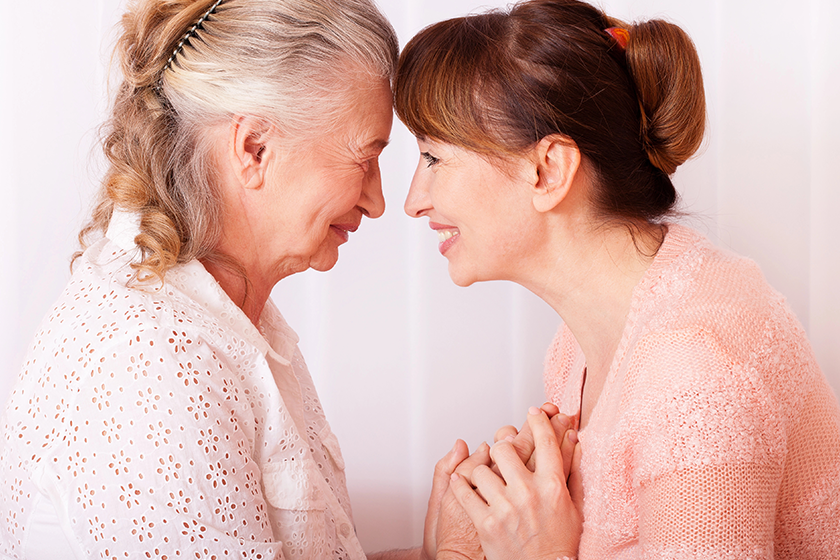As your loved one ages, it’s important to keep an eye on their ability to manage daily tasks. There are several signs they may show when they are struggling and need extra support. Recognizing these indicators early can help prevent accidents and improve their quality of life. Here are five key physical signs that indicate your elderly loved one needs a caregiver.
Noticeable Changes in Physical Appearance
One of the first signs that your loved one may need a caregiver is a decline in their physical appearance. If you notice that their clothes are unkempt, their hair is not brushed, or they appear to be neglecting personal hygiene, these may be red flags.
Poor grooming can indicate that your loved one is struggling with self-care tasks such as bathing, dressing, or even remembering to change clothes. Significant changes in weight—whether loss or gain—may also signal that they are not eating properly or managing their health.
Frequent Memory Lapses
Memory problems are common as people age, but if your loved one is experiencing frequent forgetfulness, it may be time to consider additional help. Missing appointments, neglecting medications, or getting confused about daily tasks can affect their safety and well-being.
Forgetting to turn off the stove or leaving doors unlocked are clear signs that they may need assistance to stay safe at home. A caregiver can help manage these day-to-day responsibilities and provide the support they need.
Difficulty Performing Daily Activities
If your loved one is struggling to perform basic tasks like cooking, cleaning, or even getting dressed, it may indicate that they need help. You may notice that meals aren’t being prepared, the house is not clean, or they are wearing the same clothes repeatedly.
These challenges can negatively impact their health and safety, making it important to consider in-home care or other supportive options. A caregiver can ensure that your loved one receives the necessary help with daily activities to improve their quality of life.
Challenges with Mobility
Mobility issues are another common physical sign that elderly individuals need a caregiver. If your loved one is having trouble moving around the house, relying on furniture for support, or struggling to get in and out of bed, these can be warning signs.
Falls become a significant concern for those with reduced mobility, increasing the risk of injury. With a caregiver, your loved one can receive assistance moving safely around their living space, reducing the likelihood of falls and other accidents.
Social Withdrawal and Isolation
If the elderly individual is withdrawing from social activities, avoiding friends and family, or showing little interest in hobbies they once found enjoyable, this could be a sign of loneliness or depression. Social isolation can have serious effects on mental and physical health, making it vital to address.
A caregiver can provide companionship and help your loved one engage in activities, area attractions, or community events, which may improve their mood and overall well-being.
If you’re concerned about your loved one’s safety and well-being, we’re here to help. Our Assisted Living community offers a welcoming environment with senior living amenities and services that include housekeeping, dining services, a social activity calendar, personal assistance, and more.







